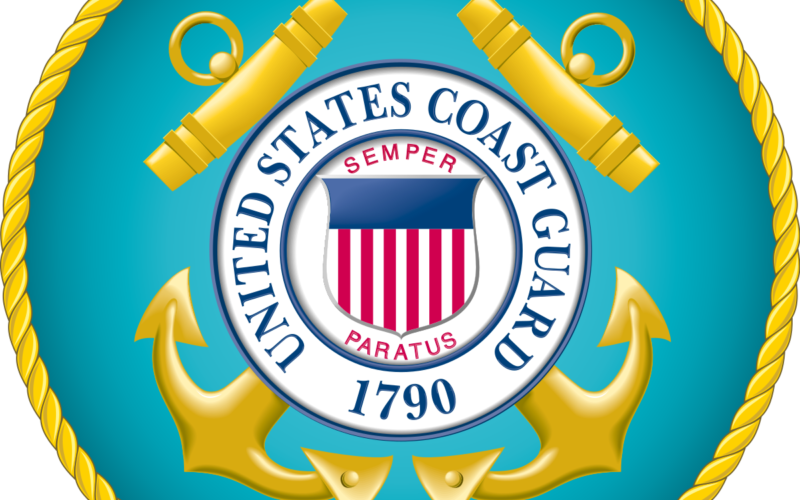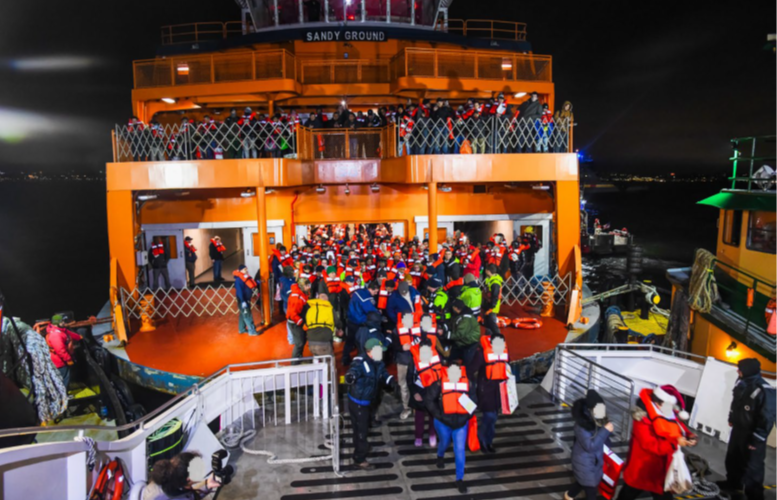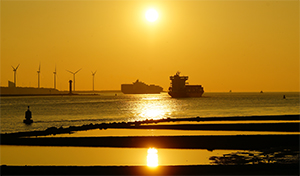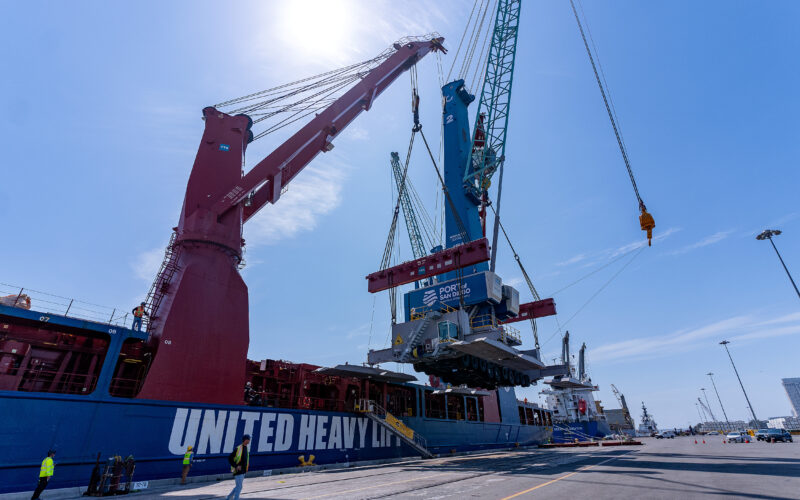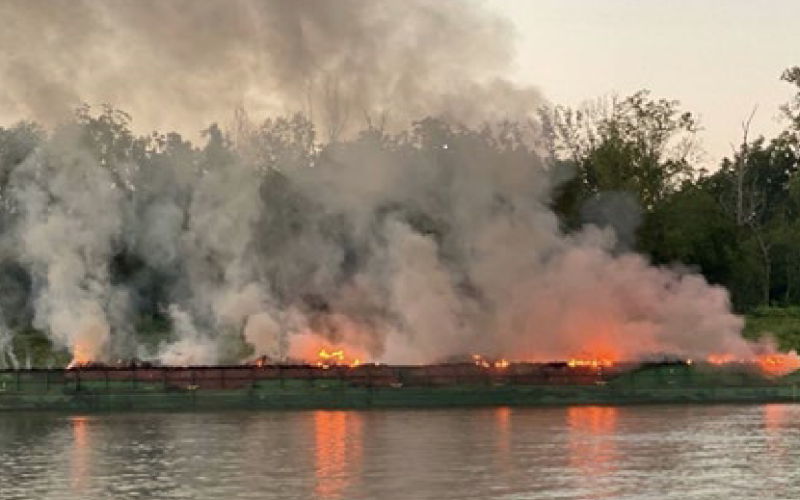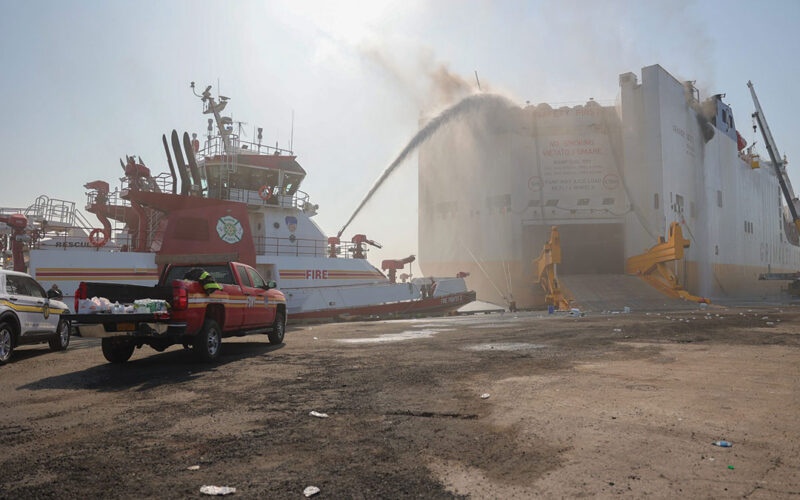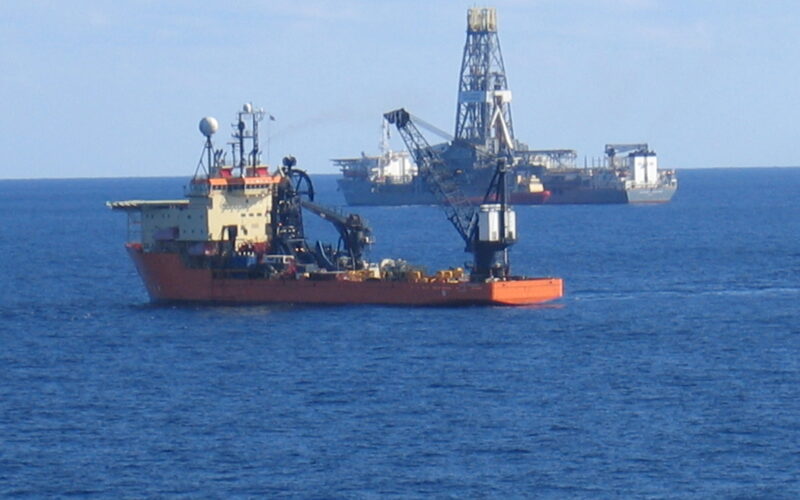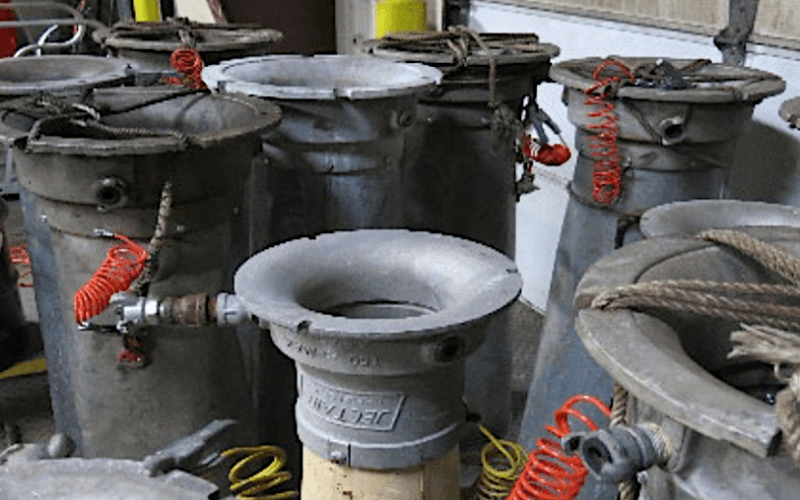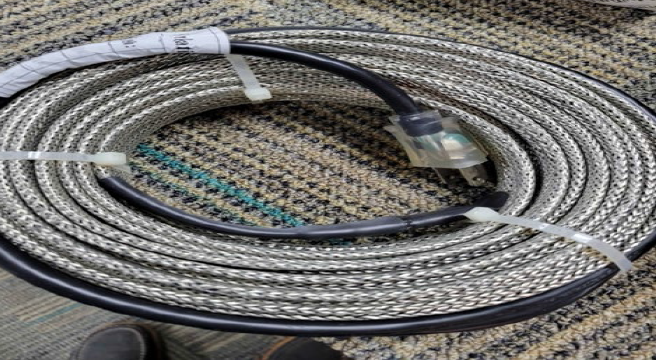05
Nov
(WASHINGTON) — A recent fire on an inspected towing vessel has highlighted a critical safety concern involving fuel hoses on main engines. While it is standard marine practice to install protective chafing gear on areas prone to wear, there are currently no statutory requirements for inspected towing vessels to install such protections on fuel lines. Failure to prevent chafing on…


